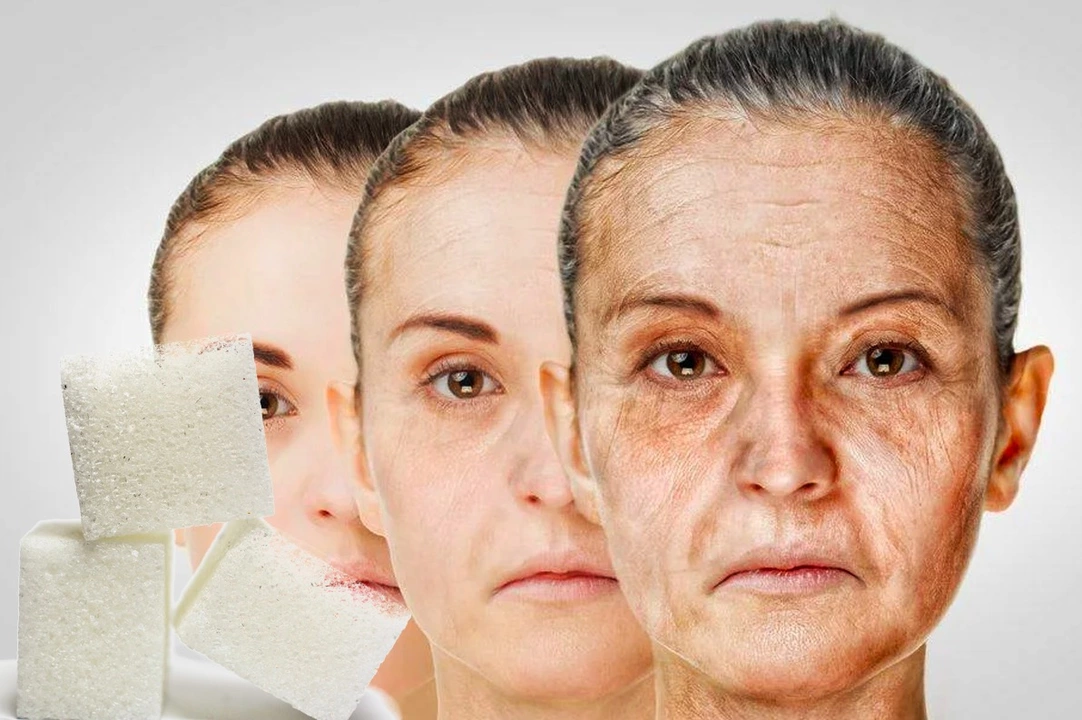Skin Aging: What You Need to Know
If you’ve ever looked in the mirror and noticed fine lines where there were none before, you’re not alone. Skin aging is a natural part of life, but that doesn’t mean you have to sit back and watch it happen without doing anything.
Why Skin Ages Faster Than You Think
The biggest culprit behind those early wrinkles isn’t just getting older – it’s how we treat our skin every day. Sun exposure breaks down collagen, the protein that keeps skin firm. Even a short walk without sunscreen can add years to your face.
Stress releases cortisol, which speeds up the breakdown of elastin, another key player in skin elasticity. Poor sleep means less growth hormone, so the body doesn’t repair damage as well at night. And let’s not forget smoking – it reduces blood flow and leaves toxins that chew away at skin cells.
Simple Steps to Slow Down Skin Aging
First up: sunscreen. A broad‑spectrum SPF 30 or higher is the single most effective weapon against premature aging. Apply it every morning, reapply after swimming or sweating, and don’t skip cloudy days.
Second, hydrate from the inside out. Drinking enough water helps keep skin plump, while a good moisturizer seals in that moisture. Look for ingredients like hyaluronic acid and ceramides – they’re cheap, gentle, and proven to boost barrier function.
Third, add antioxidants to your routine. Vitamin C serums brighten dull skin and protect against free‑radical damage. If you prefer a single product, a serum that combines vitamin C with ferulic acid gives extra stability and better results.
Fourth, give your skin a break from harsh chemicals. Over‑exfoliating can strip the protective layer and trigger inflammation. Stick to a gentle exfoliant once or twice a week, and always follow up with soothing moisturizers.
Finally, think about diet. Foods rich in omega‑3 fatty acids – like salmon, walnuts, and flaxseeds – support skin cell membranes. Green tea and berries pack polyphenols that act as internal sunscreens.
While lifestyle tweaks do a lot of heavy lifting, some people turn to proven anti‑aging ingredients for an extra boost. Retinoids (including over‑the‑counter retinol) speed up cell turnover and stimulate collagen production. Peptides signal the skin to rebuild its structure, and niacinamide helps even out tone while strengthening the barrier.
When you’re ready to shop, focus on products that list these actives near the top of the ingredient list. Avoid “beauty‑only” claims like “instant lift” without scientific backing – if it sounds too good to be true, it probably is.
Bottom line: skin aging isn’t a mystery you can’t solve. By protecting against UV, staying hydrated, easing stress, and choosing the right actives, you can keep your skin looking smoother for longer. Start with one habit today – maybe slather on sunscreen before you head out – and build from there. Your future self will thank you.

As I've been researching the causes of age spot formation, I've discovered the significant role of hormonal changes in this process. It turns out that with age, our hormone production undergoes changes which can lead to an uneven distribution of melanin, the pigment responsible for our skin color. This results in the formation of age spots, which are essentially areas of hyperpigmentation. So, it's not just sun exposure that contributes to these spots, but our hormones play a crucial part as well. To minimize age spot formation, it's essential to maintain a healthy lifestyle and consider hormone therapy when necessary.
Read More